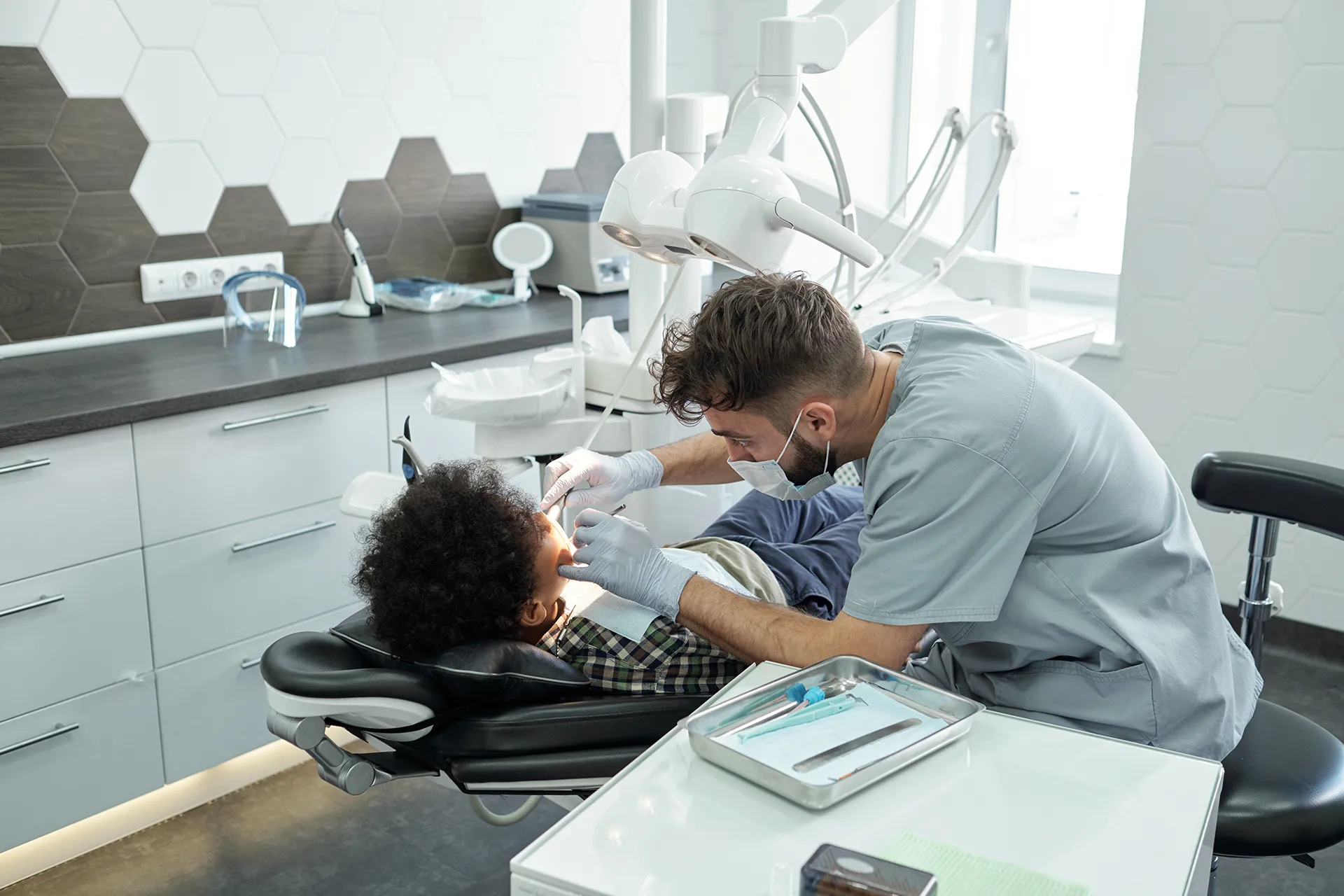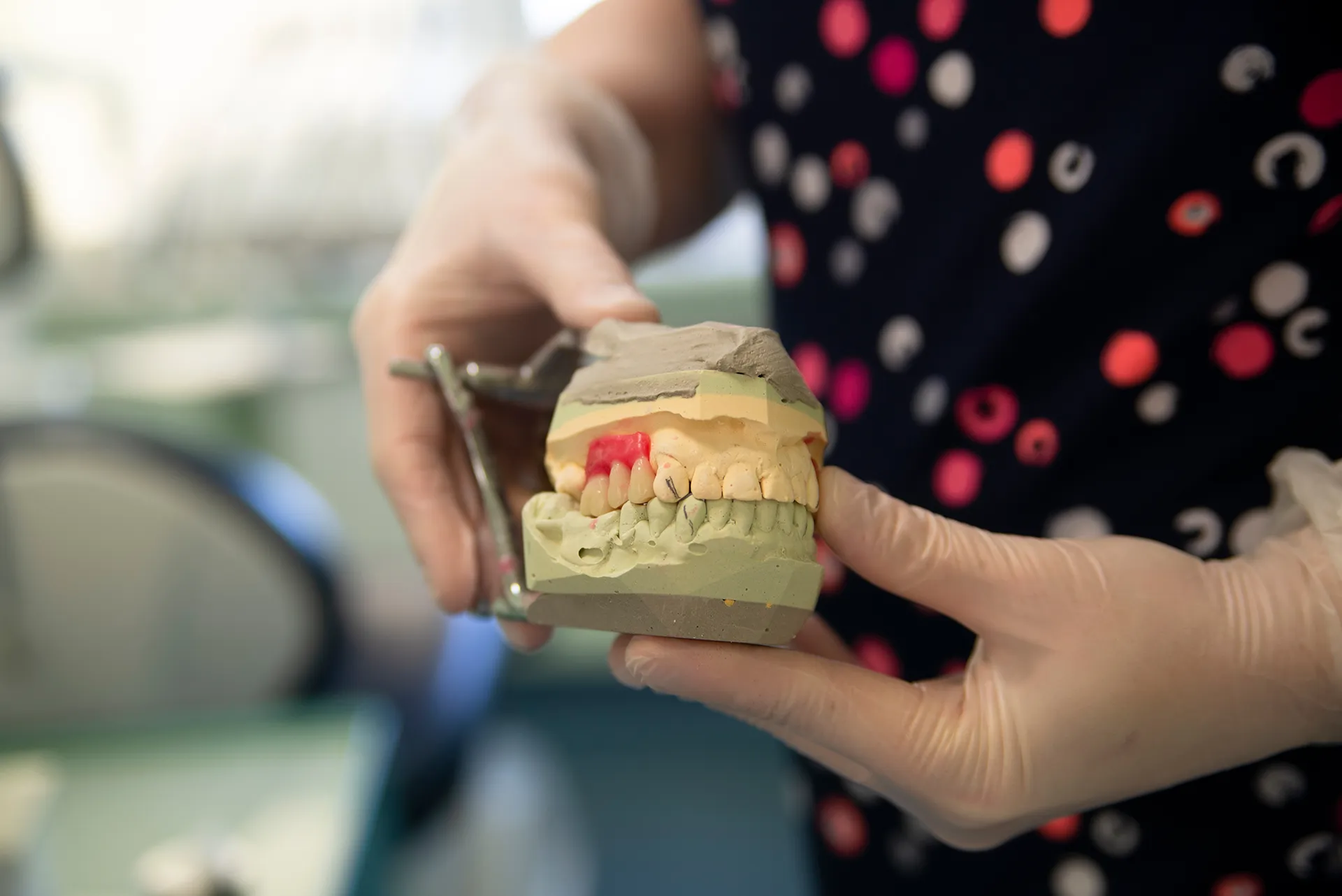Event News
How Often Should You See Your Dentist?

Dentistry, usually referred to as dental medicine or oral medicine, is the medical specialty concerned with the teeth, gums, and mouth.
It entails the study, diagnosis, prevention, management, and treatment of illnesses, disorders, and conditions of the mouth, with the dentition and oral mucosa as its primary focus.
Dental Technology
Dental technicians (also known as dental technologists) create dentures, crowns, bridges, and dental braces to enhance patients’ looks, speech, and chewing abilities.
Dental technology is the process of designing, constructing, repairing, or modifying dental prosthetic, restorative, and orthodontic equipment.
A dental technologist (dental laboratory technician) is a member of the dental team who, upon prescription from a dental clinician, constructs custom-made restorative and dental appliances.
Dental technology has subjects that focus on a comprehensive digitized approach to three major fields – Prosthodontics, Implantology and Orthodontics. The course offers training in virtual treatment planning and computer aided designing and milling of dental prostheses.
What is the difference between a dentist and a dental technician?
While dentists are responsible for caring for patients by preventing and treating problems affecting the mouth and teeth, dental technicians develop the actual equipment needed to support this.
As mentioned by the World Health Organization, oral health is the state of the mouth, teeth and orofacial structures that enables individuals to perform essential functions such as eating, breathing and speaking, and encompasses psychosocial dimensions such as self-confidence, well-being and the ability to socialize and work without pain, discomfort and embarrassment.
Oral health, which varies from infancy to old age, is essential to general health and enables individuals to participate in society and realise their full potential.
Oral diseases include dental caries, periodontal (gum) disease, tooth loss, oral cancer, oro-dental trauma, noma, and congenital malformations including cleft lip and palate.

How often should one go to the dentist?
It is a standard recommendation throughout the country that children and adults should visit the dentist once every six months. This would be for a regular checkup of the overall oral health, including the status of the teeth and gums and/or underlying issues that may become an issue later.
However, for some of the cases below, the dental practitioner will want to have more frequent checkups:
- Pregnant women – as fluctuating hormones may put expecting moms at greater risk of developing gum disease and cavities.
- Cancer patients – medications that dry out the mouth and put patients at greater risk
- Diabetic patients – contribute to gum and other oral health problems
- Smokers – tobacco causes gum disease and also makes it harder for the body to heal after dental procedures or surgeries.
- Heart patients – poor oral health has higher rates of cardiovascular problems compared to people with healthy mouths.
What can we expect at a dental surgeon’s clinic?
- X-rays
- Cleaning and polishing
- Oral cancer screening
- Cavity detection
- Condition of the existing dental work
- Assessment of gum health
How can one become a dental surgeon?
In Malaysia, the appropriate dentistry course would be a Bachelor of Dental Surgery.
A Bachelor of Dental Surgery in Malaysia is a 5 year course. The specializations in the dentistry course are:
a. Oral and Maxillofacial Surgery
The surgery of the face, mouth and jaws.
b. Orthodontics
Deals with the diagnosis, prevention and correction of mispositioned teeth and jaws.
c. Restorative Dentistry
Refers to the management and operations your dentist undertakes to maintain the health and functionality of your mouth. This encompasses the placement of dental implants, dentures, fillings, and crowns.
d. Periodontology
Study of the specialized system of hard and soft tissues that support your teeth and maintain their positions in the jaw.
e. Pediatric Dentistry
Specializes in the oral health of children from infancy through the teen years and provides care for a child’s teeth, gums and mouth throughout the various stages of childhood.

In Closing
Globally, an estimated 3.5 billion people suffer from oral diseases that are non-communicable in nature. This single statistic is reason enough to visit a dentist as a preventative measure that improves one’s overall health and makes things easier for us in the long run.
All in all, it is recommended for children and adults (except for those who are pregnant or have the aforementioned health conditions) to visit the dentist once every six months.
For further information regarding dentistry courses, including dental university in Malaysia, please schedule an appointment with our professional counsellors for a full counselling session.

